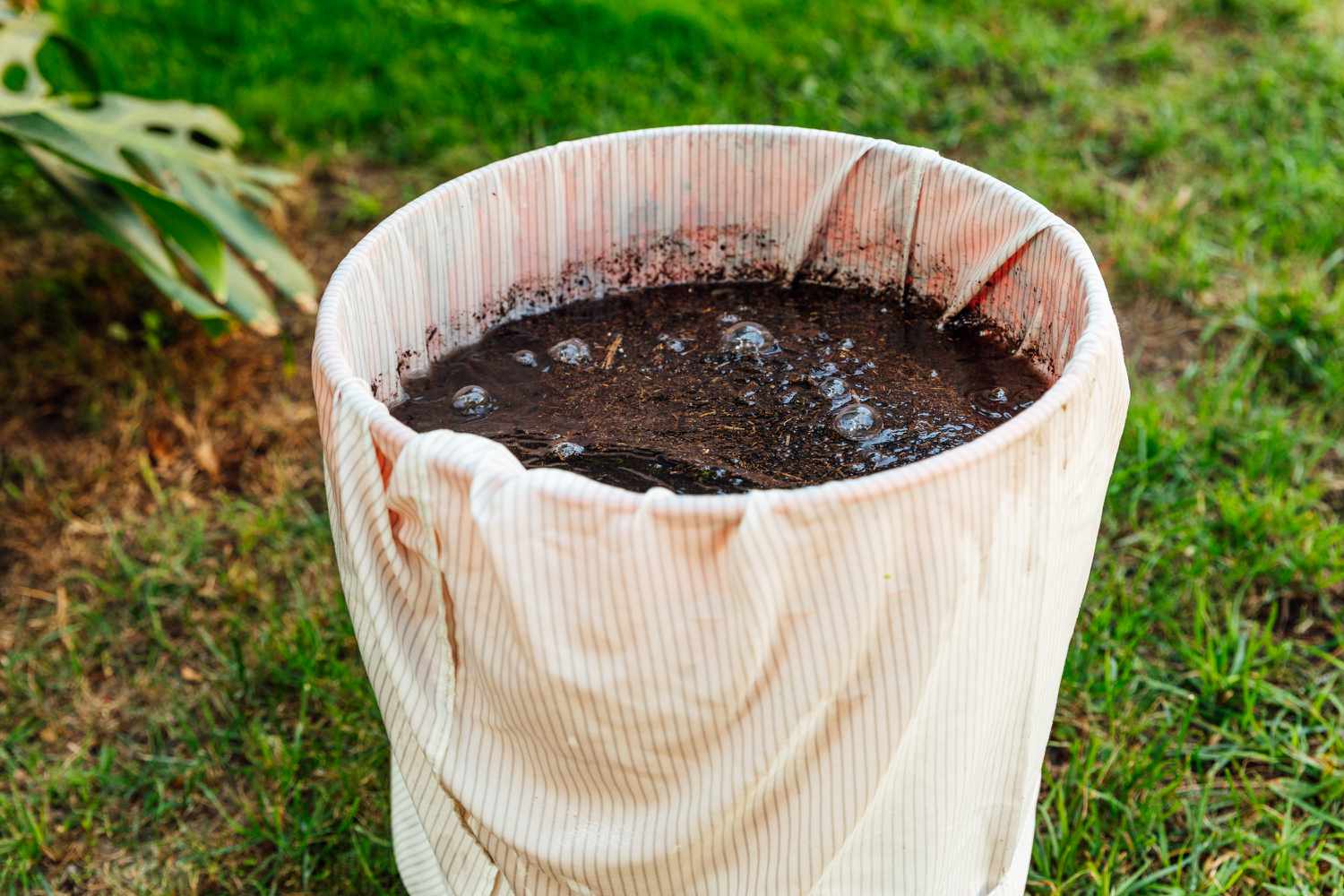

Articles
How To Store Compost Tea
Modified: October 29, 2024
Learn the best methods for storing compost tea with our informative articles. Store your nutrient-rich brew correctly for optimal results.
(Many of the links in this article redirect to a specific reviewed product. Your purchase of these products through affiliate links helps to generate commission for Storables.com, at no extra cost. Learn more)
Introduction
Welcome to the world of compost tea! If you’re an avid gardener or have a green thumb, you probably already have a basic understanding of composting and its benefits. Compost tea, on the other hand, takes composting to a whole new level. It’s a nutrient-rich liquid fertilizer that is brewed using compost, water, and other beneficial additives.
The beauty of compost tea lies in its ability to deliver a concentrated dose of nutrients, beneficial microorganisms, and organic matter directly to your plants’ roots. This enhances soil health, improves plant growth, and boosts overall plant vitality.
In this article, we’ll delve into the world of compost tea storage. Yes, you heard that right! While brewing compost tea is essential, it’s equally important to know how to properly store it to maintain its effectiveness and ensure that you have a supply on hand when needed.
So, whether you’ve just started brewing compost tea or are looking to optimize your storage methods, read on to discover valuable insights and recommendations on how to store compost tea effectively.
Key Takeaways:
- Proper storage of compost tea is crucial for maintaining its effectiveness. Choose the right container, refrigerate for short-term storage, and avoid extreme temperatures to preserve its nutrient-rich goodness.
- Dilute and apply compost tea using proper methods to maximize its benefits. Focus on the root zone, avoid overapplication, and complement with sustainable gardening practices for thriving plants and soil.
Read more: How To Store Brewed Tea
Benefits of Compost Tea
Before we dive into the specifics of storing compost tea, let’s take a moment to explore the numerous benefits this liquid gold offers to your plants and soil.
1. Enhanced Soil Health: Compost tea is teeming with beneficial microorganisms such as bacteria, fungi, and protozoa. When applied to the soil, these microorganisms help improve its structure, increase nutrient availability, and enhance water retention.
2. Nutrient-Rich Fertilizer: Compost tea is packed with essential nutrients that plants need to thrive. It provides a slow-release form of nutrition, ensuring that plants receive a continuous supply of nutrients throughout the growing season.
3. Disease Suppression: The beneficial microorganisms found in compost tea can help suppress plant diseases by outcompeting harmful pathogens and promoting a healthy soil microbiome. This can reduce the need for chemical interventions and promote natural plant defenses.
4. Increased Nutrient Uptake: Compost tea can improve the nutrient uptake efficiency of plants, allowing them to absorb and utilize nutrients more effectively. This can lead to healthier, more robust plants with increased resistance to stressors.
5. Organic Matter Boost: Compost tea is an excellent source of organic matter, which is essential for building and maintaining healthy soils. It helps improve soil structure, water infiltration, and nutrient holding capacity.
6. Environmentally Friendly: Compost tea is an eco-friendly alternative to synthetic fertilizers and chemical pesticides. It promotes sustainable gardening practices by recycling organic waste and reducing environmental pollution.
Overall, the benefits of compost tea extend beyond just providing nutrients to plants. Its ability to improve soil health, enhance nutrient uptake, and suppress diseases makes it a valuable tool for any gardener looking to cultivate thriving plants in a sustainable and natural way.
Choosing the Right Container
When it comes to storing compost tea, selecting the right container is crucial to maintain its effectiveness and prevent contamination. Here are some factors to consider when choosing the right container:
1. Non-reactive Material: Opt for a container made of non-reactive materials such as food-grade plastic, glass, or stainless steel. These materials will not leach any harmful chemicals into the compost tea.
2. Size and Capacity: The size of the container will depend on the amount of compost tea you anticipate brewing and storing. It’s best to choose a container with a capacity that matches your needs to minimize the air space within the container.
3. Airtight Seal: Look for a container with a tight-sealing lid or cap. This will prevent oxygen from entering the container, which can lead to the growth of anaerobic organisms and the loss of beneficial microbes.
4. Dark or Opaque: Compost tea is sensitive to light, as UV rays can degrade the nutrients and microorganisms. Choose a container that is dark or opaque to block out light and protect the integrity of the compost tea.
5. Easy to Clean: Ensure that the container is easy to clean and sanitize to maintain hygienic storage conditions. Avoid containers with intricate designs or hard-to-reach crevices that can harbor bacteria or residue.
6. Graduated Markings: Having graduated markings on the container can help you accurately measure and dilute the compost tea when it comes time to use it. This ensures that your plants receive the correct concentration of nutrients.
Remember, the goal is to store compost tea without compromising its quality. By choosing the right container, you can ensure that your compost tea remains potent and ready to use whenever you need it.
Preparing and Brewing Compost Tea
Before we delve into the specifics of storing compost tea, let’s briefly touch on the process of preparing and brewing it. Follow these steps to create a nutrient-rich concoction for your plants:
1. Choose Quality Compost: Start with high-quality, well-aged compost as the base for your compost tea. Good compost should be dark, crumbly, and rich in organic matter.
2. Gather Necessary Equipment: You will need a brewing container, an air pump, an air stone or diffuser, and a fine mesh bag or filter to hold the compost during brewing.
3. Fill the Brewing Container: Fill the container with water, leaving enough space to accommodate the compost and air stone. Use dechlorinated water, as chlorine can harm beneficial microorganisms.
4. Add Compost: Place the compost into a mesh bag or filter and place it in the brewing container. Aim for a ratio of about 1 part compost to 5 parts water.
5. Aerate the Brew: Attach the air stone or diffuser to the air pump and submerge it in the brewing container. Turn on the air pump to provide a constant flow of oxygen to the compost tea, promoting the growth of beneficial microorganisms.
6. Brew for the Appropriate Time: The brewing time can vary depending on the recipe or the desired strength of the compost tea. Generally, brewing for 24 to 48 hours is sufficient to extract the nutrients and microorganisms from the compost.
7. Strain the Compost Tea: After the brewing process is complete, remove the mesh bag or filter containing the compost from the tea. This will prevent any solid particles from clogging the sprayer or irrigation system.
Now that you have a basic understanding of how to prepare and brew compost tea, let’s explore the storage techniques to ensure its longevity and effectiveness.
Store compost tea in a cool, dark place to prevent the growth of harmful bacteria and fungi. Use a sealed container to keep oxygen out and maintain the tea’s beneficial microorganisms.
Storing Compost Tea
Proper storage of compost tea is essential to maintain its effectiveness and prevent any contamination or degradation of the beneficial microorganisms and nutrients. Here are some guidelines for storing your compost tea:
1. Transfer to a Suitable Container: Once the brewing process is complete, transfer the compost tea to a clean, airtight container. Use a funnel or a strainer to prevent any solid particles from entering the container.
2. Refrigeration is Best: For short-term storage, such as a few days or up to a week, storing compost tea in the refrigerator is recommended. The low temperature helps slow down microbial activity and maintain the integrity of the tea.
3. Use Glass or Opaque Containers: To protect the compost tea from light, use glass containers or opaque plastic containers. Light can degrade the nutrients and microorganisms in the tea, reducing its effectiveness.
4. Label and Date: To keep track of the age of the compost tea, label the container with the date it was brewed. This will help you use the tea within its optimal storage time.
5. Minimize Air Exposure: The presence of oxygen can lead to the growth of anaerobic microorganisms and the loss of beneficial microbes in the compost tea. Make sure to seal the container tightly to minimize air exposure.
6. Avoid Extreme Temperatures: Compost tea is sensitive to temperature extremes. Avoid leaving it in direct sunlight or storing it in areas that are too hot or too cold. Maintaining a moderate temperature will help preserve its quality.
7. Regularly Check for Signs of Spoilage: It’s important to periodically check the compost tea for any signs of spoilage. If you notice an off smell, mold growth, or a slimy texture, it is best to discard the tea and brew a fresh batch.
Remember, while storing compost tea can prolong its life, it is best to use the tea as soon as possible to ensure maximum nutrient content and microbial activity. Regularly brew fresh batches to maintain a steady supply of this enriching liquid for your plants.
Read more: How To Store Tea Cups And Saucers
Proper Application of Compost Tea
Now that you have learned how to store compost tea effectively, it’s important to understand the proper application methods to maximize its benefits. Consider the following guidelines when using compost tea:
1. Dilute the Compost Tea: Compost tea is typically concentrated, so it’s crucial to dilute it before applying it to your plants. Dilution rates vary depending on the strength of your compost tea and the type of plants you are fertilizing. A general guideline is to dilute one part compost tea with three to ten parts water.
2. Use a Sprayer or Irrigation System: Compost tea is best applied as a foliar spray or soil drench. Use a sprayer to evenly distribute the diluted compost tea on the leaves, stems, and soil surrounding the plants. For large areas or gardens, you can also apply compost tea through an irrigation system.
3. Apply during the Early Morning or Late Evening: It is recommended to apply compost tea during the early morning or late evening when the temperatures are cooler. This allows the plants to absorb the nutrients effectively without the risk of evaporation or sunburn on the leaves.
4. Avoid Overapplication: While compost tea is a valuable fertilizer, it is important not to overapply it. Apply compost tea every two to four weeks, depending on the specific needs of your plants. Overapplication can lead to nutrient imbalances and potential damage to plant roots.
5. Focus on Root Zone Application: When applying compost tea to the soil, focus on the root zone of the plants. The beneficial microorganisms and nutrients present in the tea will work in synergy with the plant’s root system, enhancing nutrient uptake and soil health.
6. Complement with other Sustainable Gardening Practices: Compost tea is just one tool in the arsenal of sustainable gardening. To maximize its benefits, it’s important to incorporate other practices like proper watering, mulching, and organic soil amendments to create a holistic and thriving garden ecosystem.
Remember, compost tea is not a substitute for proper soil preparation and other sound gardening practices. It should be seen as a supplement to enhance plant health and boost soil fertility. By following these guidelines, you can ensure the proper application of compost tea and reap its full benefits.
Conclusion
Compost tea is a valuable asset in any gardener’s toolkit. Its ability to improve soil health, enhance nutrient uptake, and promote plant growth makes it a popular choice for organic and sustainable gardening practices. However, to maintain the effectiveness of compost tea, proper storage is essential.
By choosing the right container, such as non-reactive materials with an airtight seal, and storing it in a dark or opaque environment, you can protect the integrity of the compost tea. Refrigeration is the best option for short-term storage, while avoiding extreme temperatures and minimizing air exposure is important for maintaining its quality.
When it comes to using compost tea, diluting it before application and using a sprayer or irrigation system ensures even distribution. Applying the tea during cooler times of the day and focusing on the root zone can maximize its effectiveness. It’s important not to overapply the compost tea and to complement its use with other sustainable gardening practices.
In conclusion, by properly storing and applying compost tea, you can unleash its full potential and harness the benefits it provides to your plants and soil. Experiment with different brewing techniques, storage methods, and application rates to find what works best for your garden. With the right knowledge and practices, compost tea can be a valuable ally in your journey towards a thriving and sustainable garden.
Frequently Asked Questions about How To Store Compost Tea
Was this page helpful?
At Storables.com, we guarantee accurate and reliable information. Our content, validated by Expert Board Contributors, is crafted following stringent Editorial Policies. We're committed to providing you with well-researched, expert-backed insights for all your informational needs.
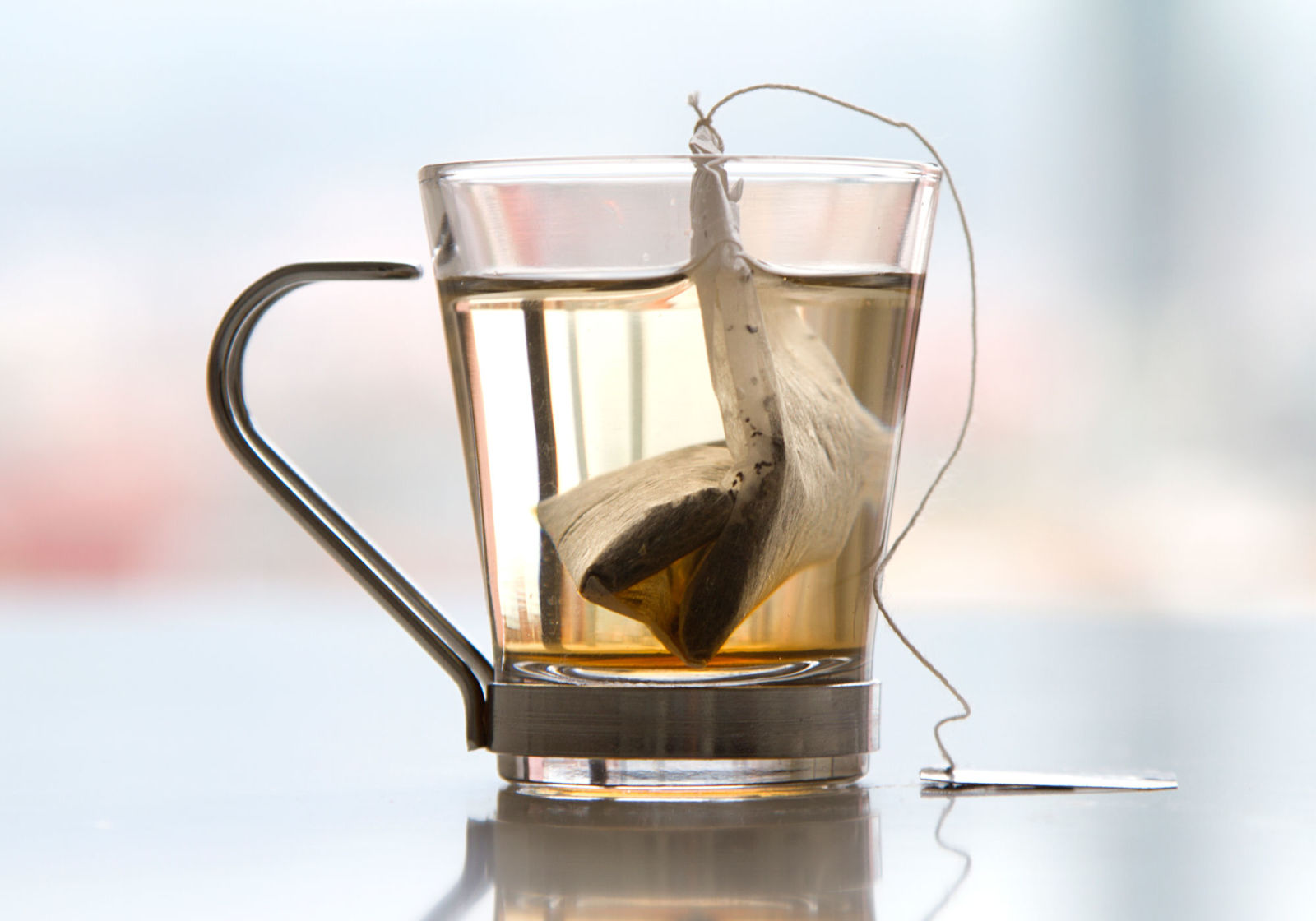
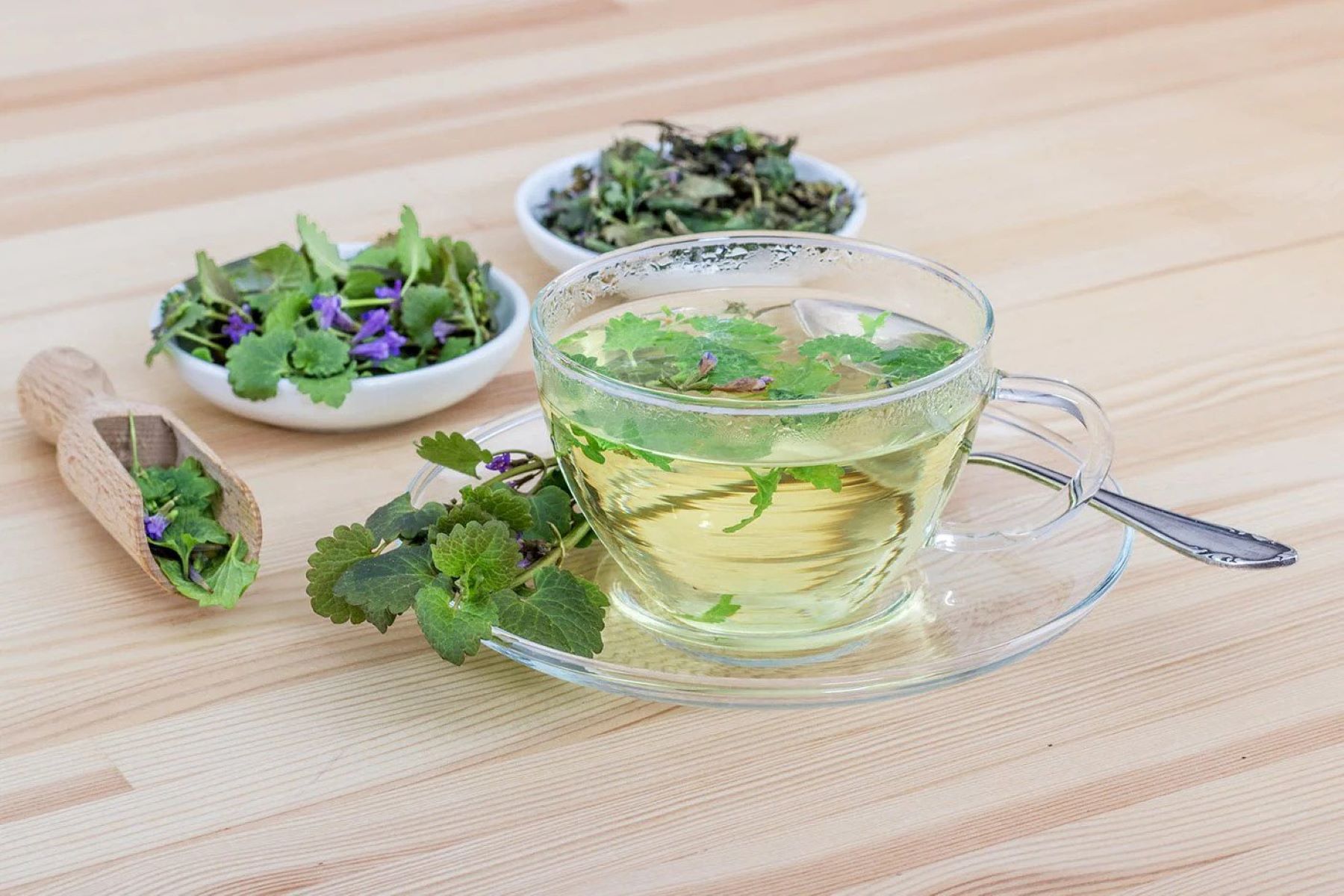

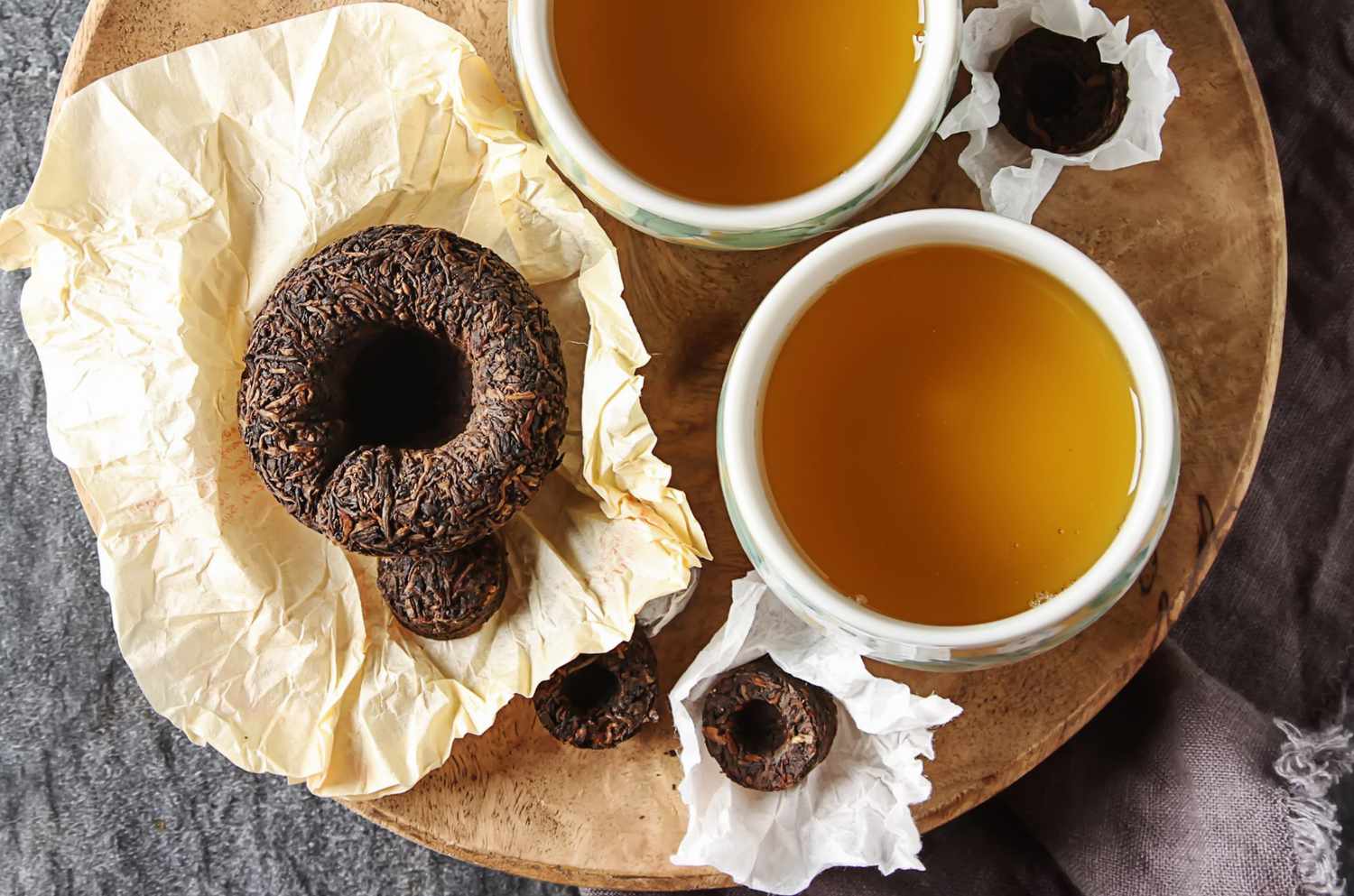
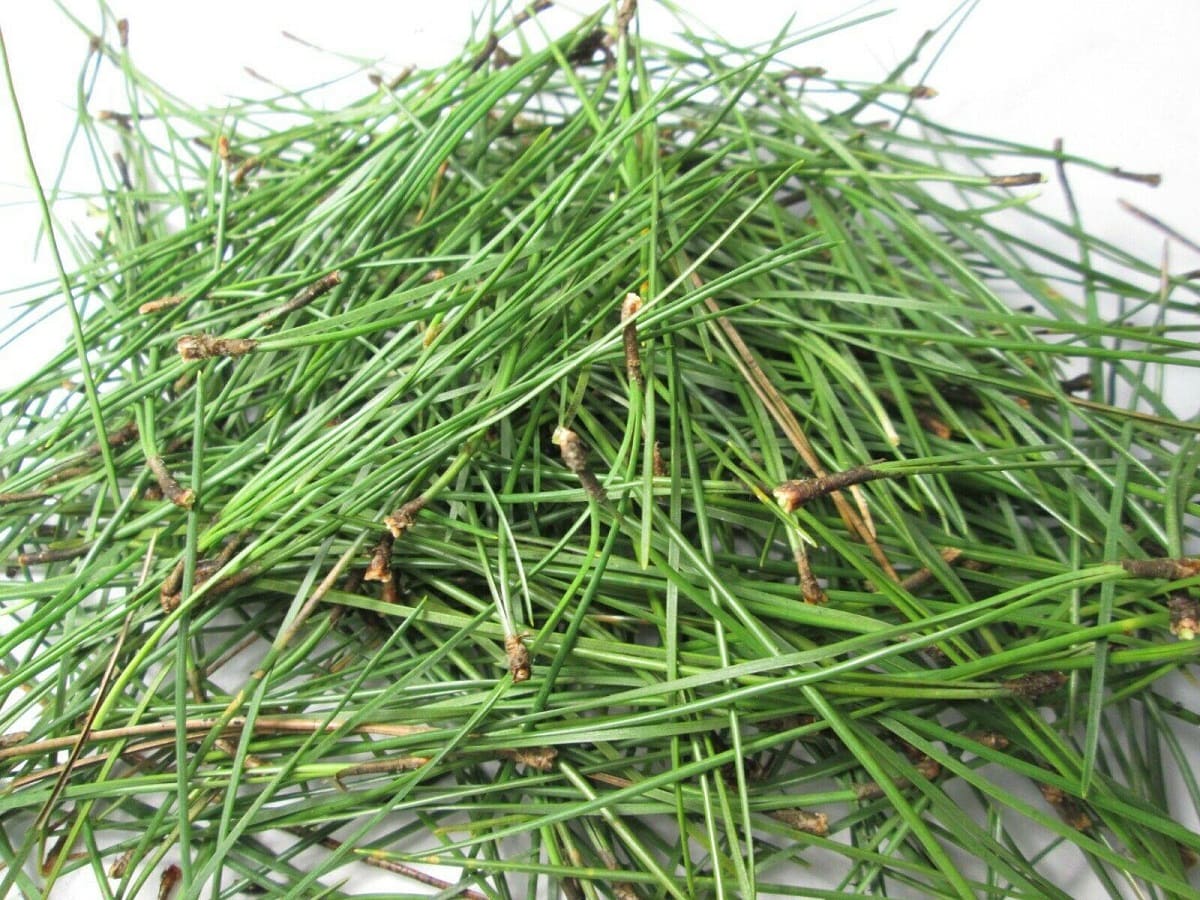
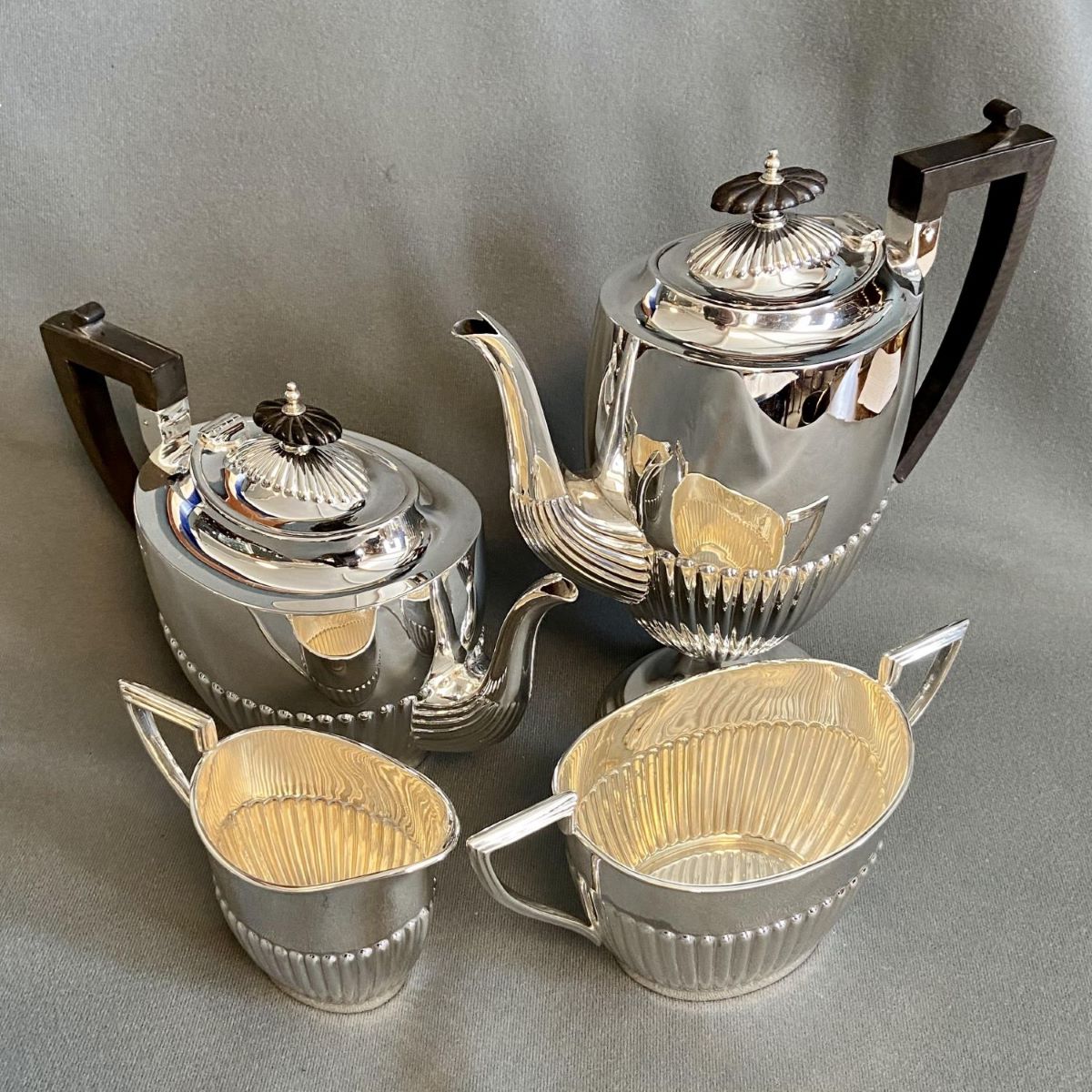
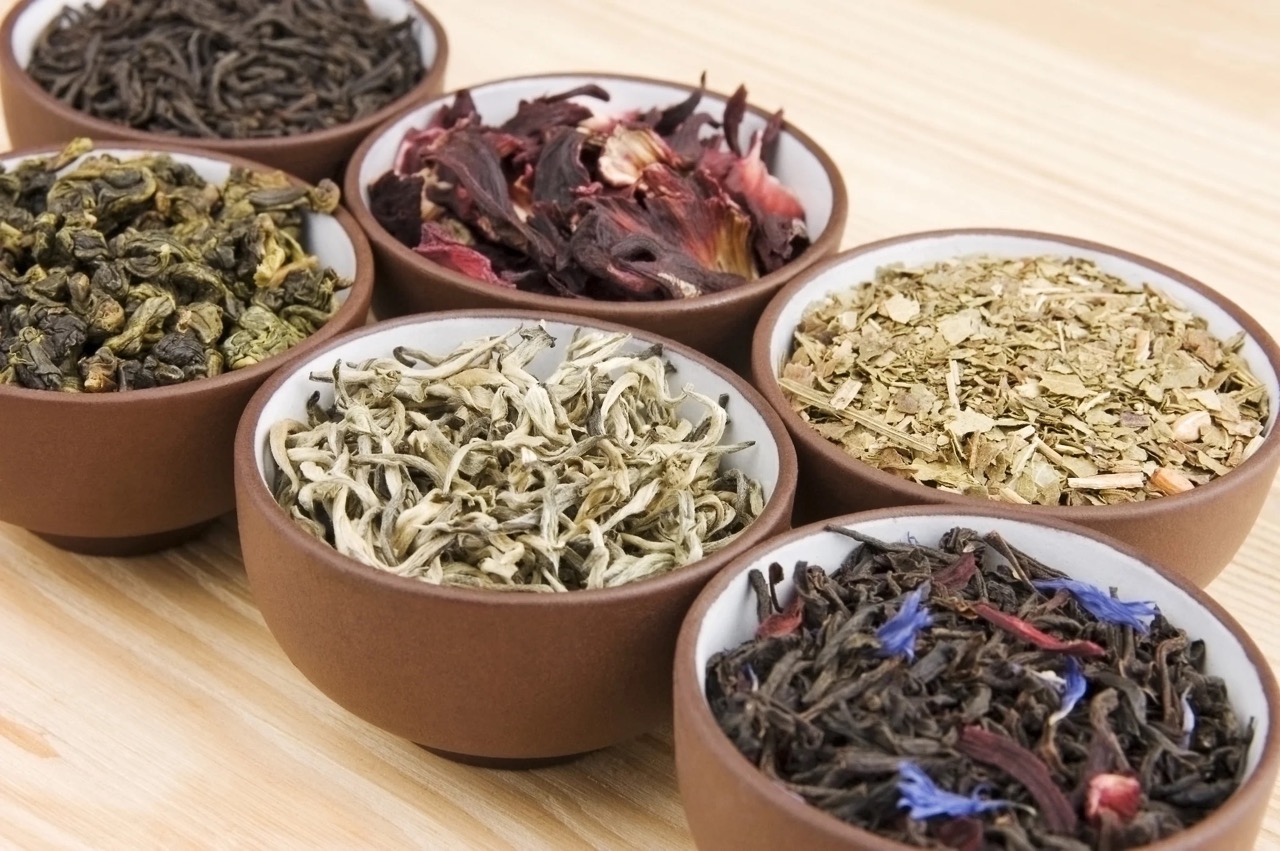

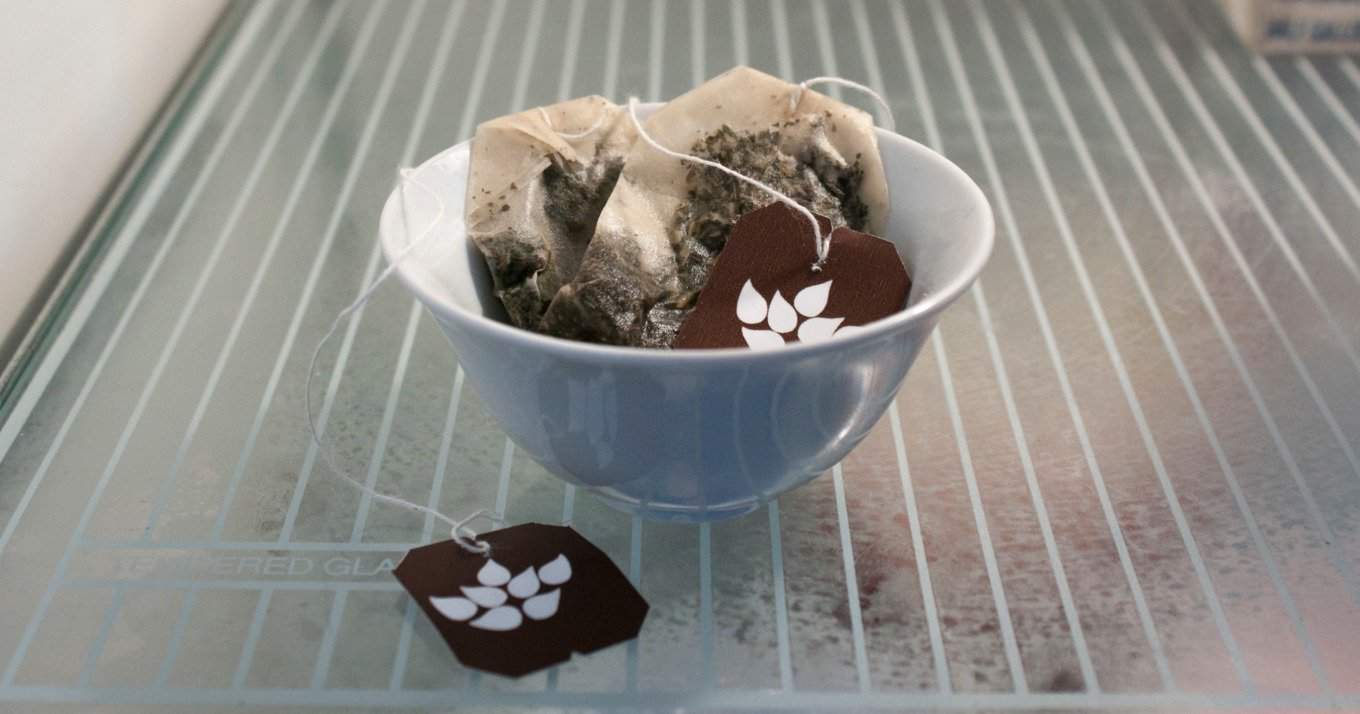
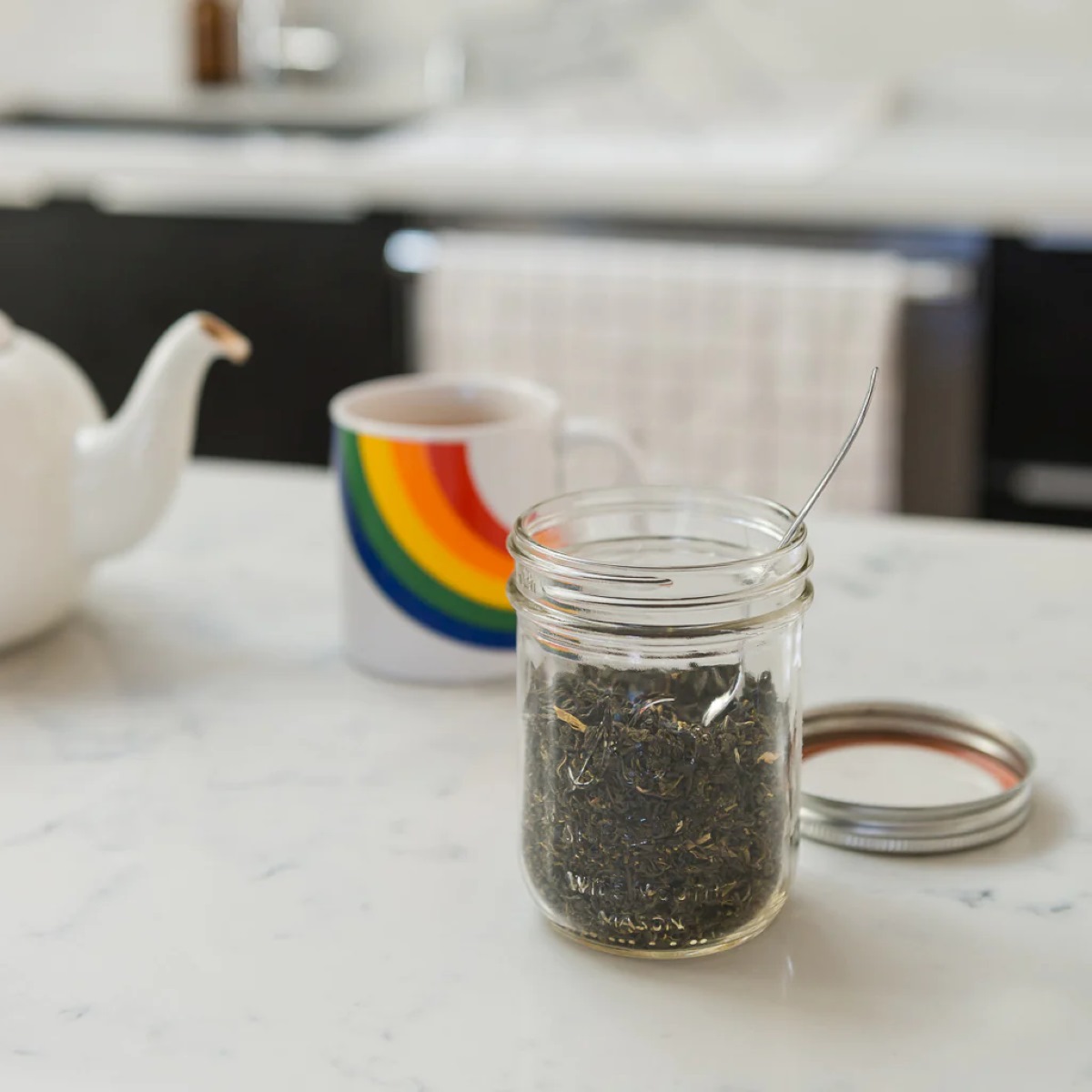
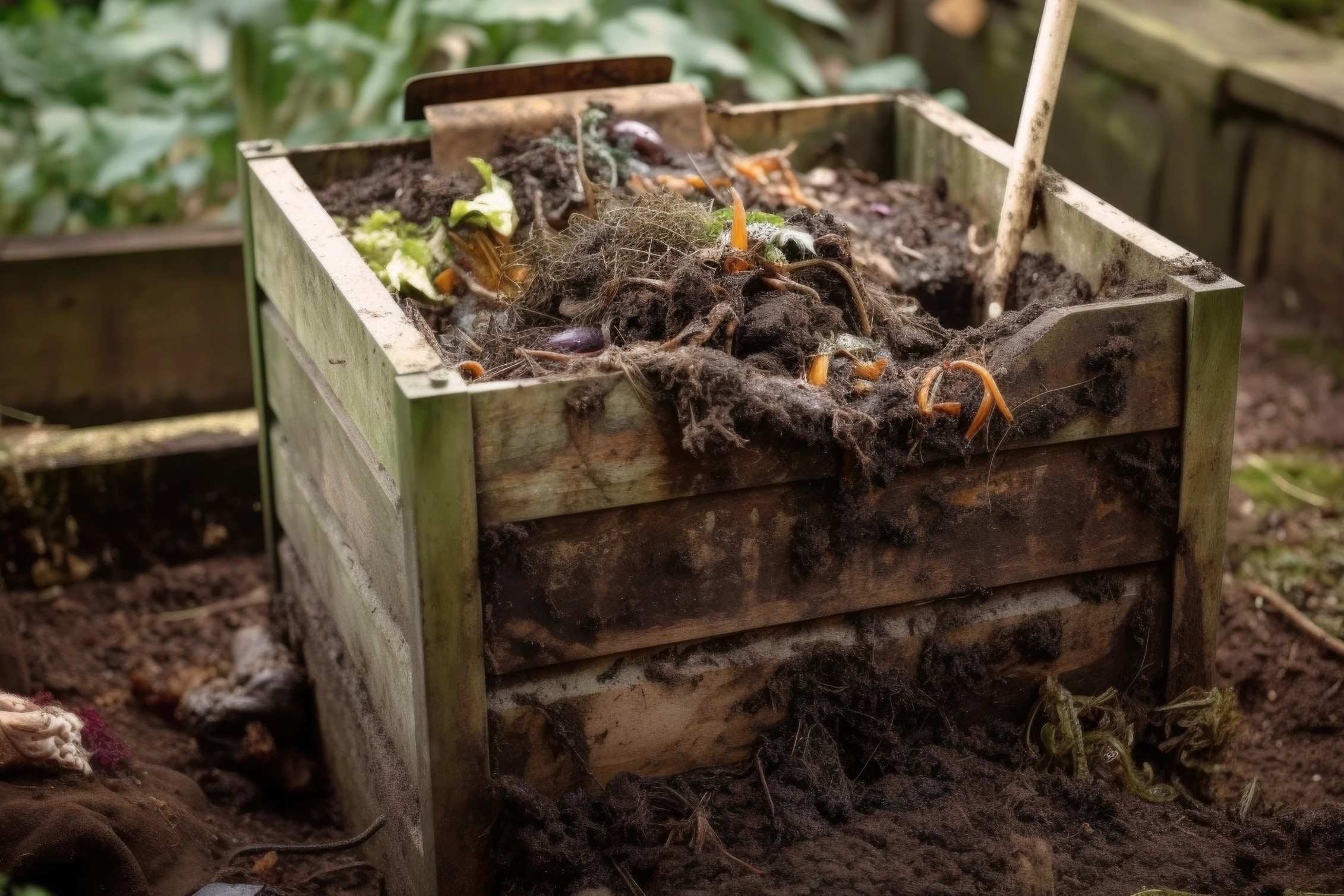
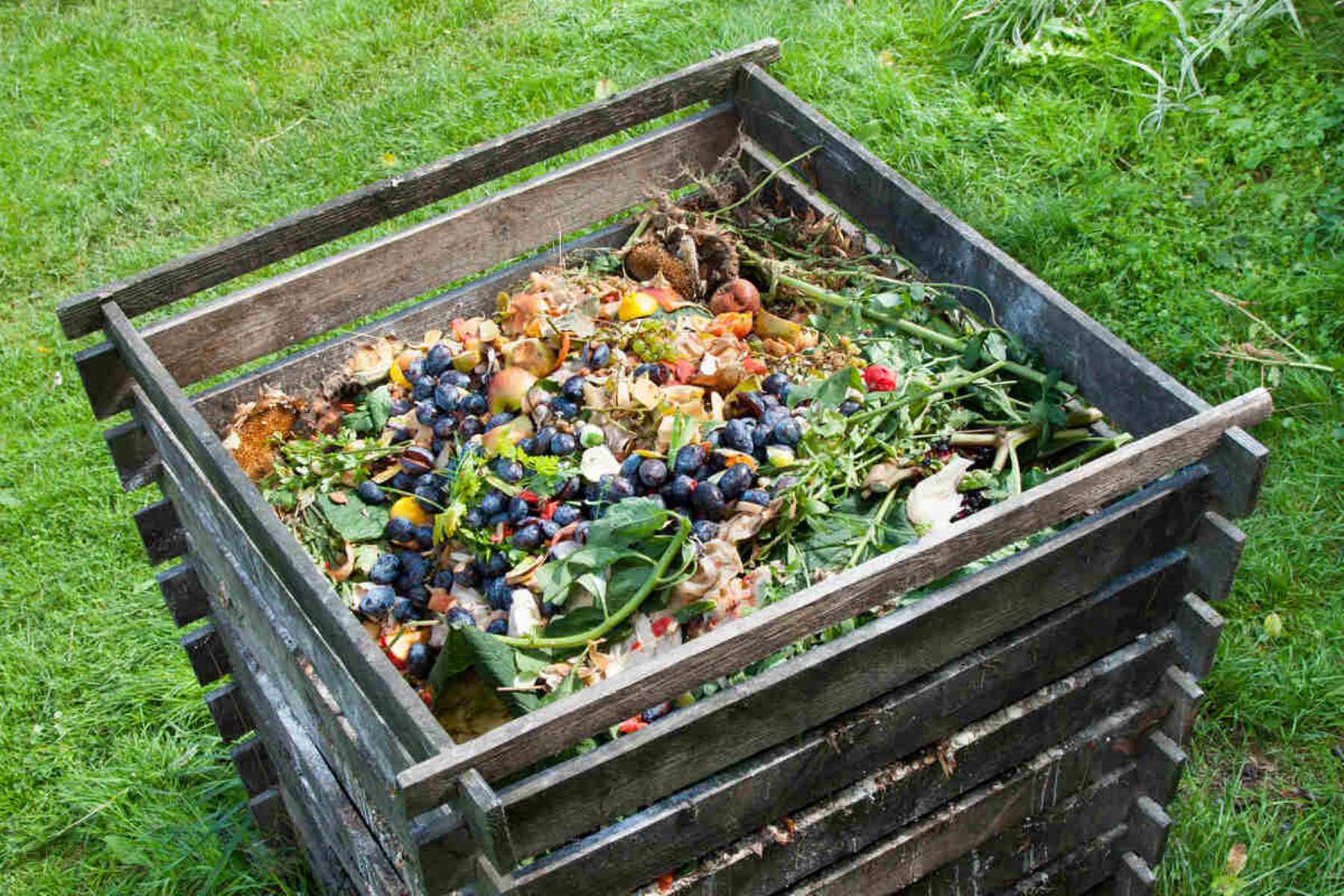
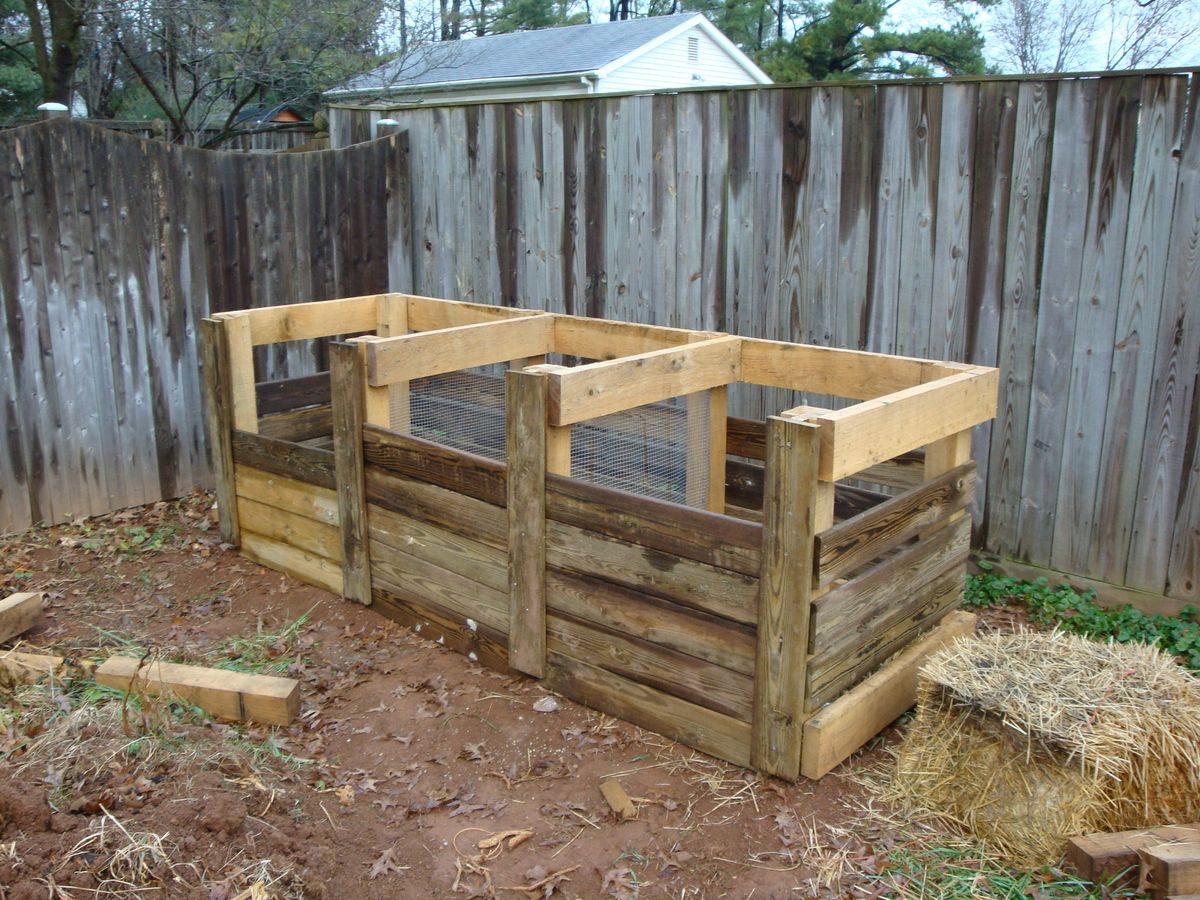
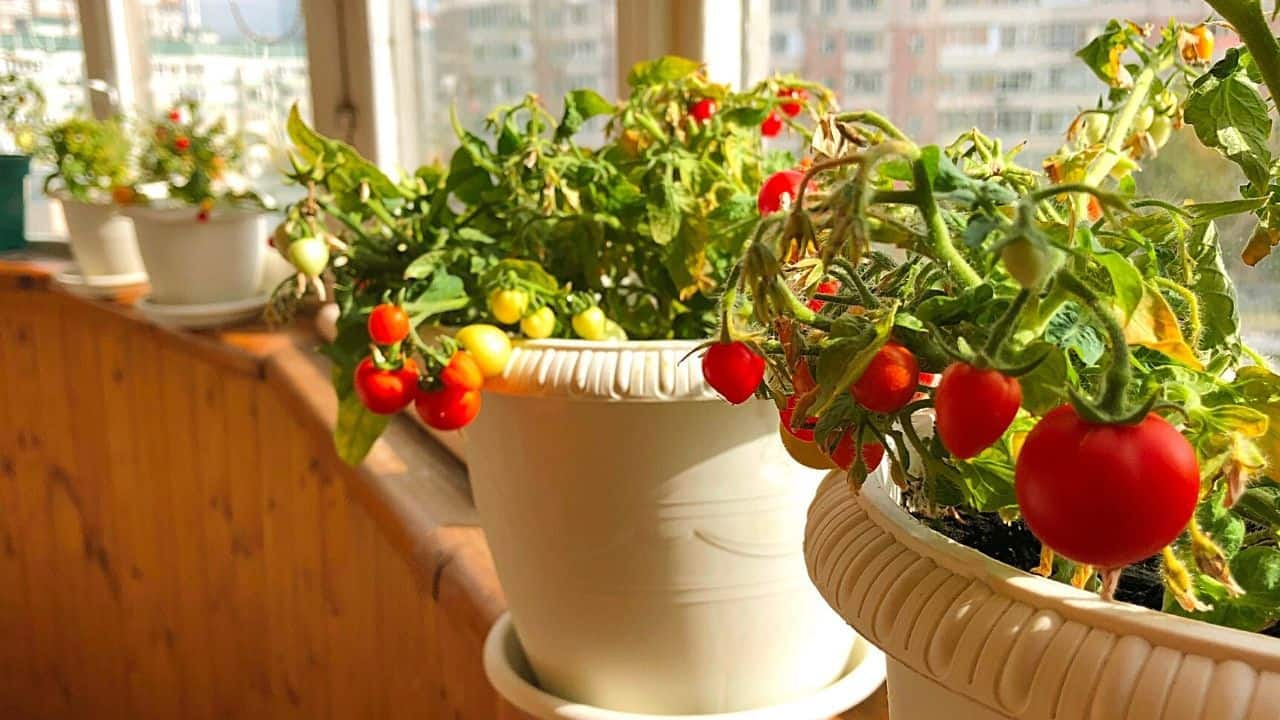

0 thoughts on “How To Store Compost Tea”